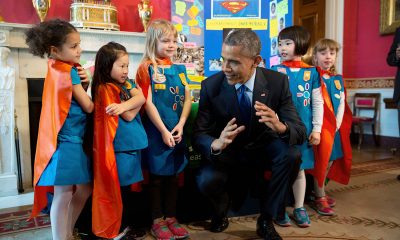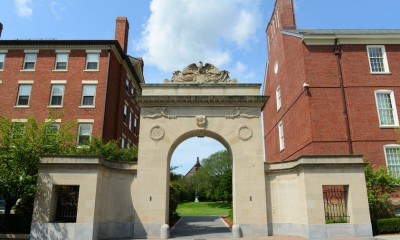A couple of researchers from two different countries have honed in on the source of human happiness. In the process, they have also come to a deeper understanding of human nature. Canadian and American researchers claim that they have evidence for the universally acknowledged truth that giving unto others makes the giver happy. This is considered good news by many because it confirms a rising trend in the field of science –positivity.
A joint research venture between the University of British Columbia and Harvard University has recently confirmed what has been claimed by many before them, although without backing evidence that arises from a systematic study. Now, the evidence is at hand. The study has revealed that giving gifts and spending money on others could make any person happy.
Give unto others
When we help others and make them feel good, we also feel good. We become truly happy, more so than when we spend for our own benefit. Even if there’s not much money to spend, when we do spend what he have to make others happy, we become happy as well. The proponents of the study are professors Elizabeth Dunn and Michael Norton. Prof. Dunn works in the field of psychology at the University of British Columbia in Vancouver and Prof. Norton is from Harvard Business School in Cambridge, Massachusetts, a marketing professor.
Data from 139 countries including South Africa, India, and Canada were analyzed and the results have been published in a book called “Happy Money: The Science of Smarter Spending.”
Feel good today
The two behavioral science researchers found out that no matter what the socio-economic status of the person is, when he uses money for the benefit of others, he in turn experiences huge emotional rewards. For the researchers, the overwhelming evidence has led them to think that they have stumbled upon a universal human trait.
In a University of British Columbia news release on Thursday, Prof. Norton said that the presence of this reward experience in different cultures indicates that the quality is “deeply ingrained in human nature.” With this study, the two researchers have contributed much to the field.
It doesn’t matter whether you are rich or poor
Prof. Dunn shared their experience when doing research in impoverished countries. The people they encountered have everyday difficulty in meeting their needs. But despite their difficult state these people still feel happy when they use their money for others. Although the poor do not have as much to spend as the rich, the resulting emotional reward is the same.
Useful tips for you and me
Professors Dunn and Norton have a few tips to help people become happy and at the same time freed of the possibility of buyer’s remorse. Here are some useful guidelines on spending for the benefit of others and becoming a happier person in the process.
Based on their research findings as well as other studies done before them, they suggest the following
• Buy experiences such as concerts and vacations
• Turn everyday activities into special indulgences; make these activities a treat
• Buy time, which means, ask yourself how you’ll be making use of your time before making the purchase
• Pay now and delay consumption in order to maximize the pleasure of the experience
• Spend money and invest on the happiness and indulgences of others.
Photo Credit: Gifts















Facebook
Twitter
Pinterest
Google+
LinkedIn
Email